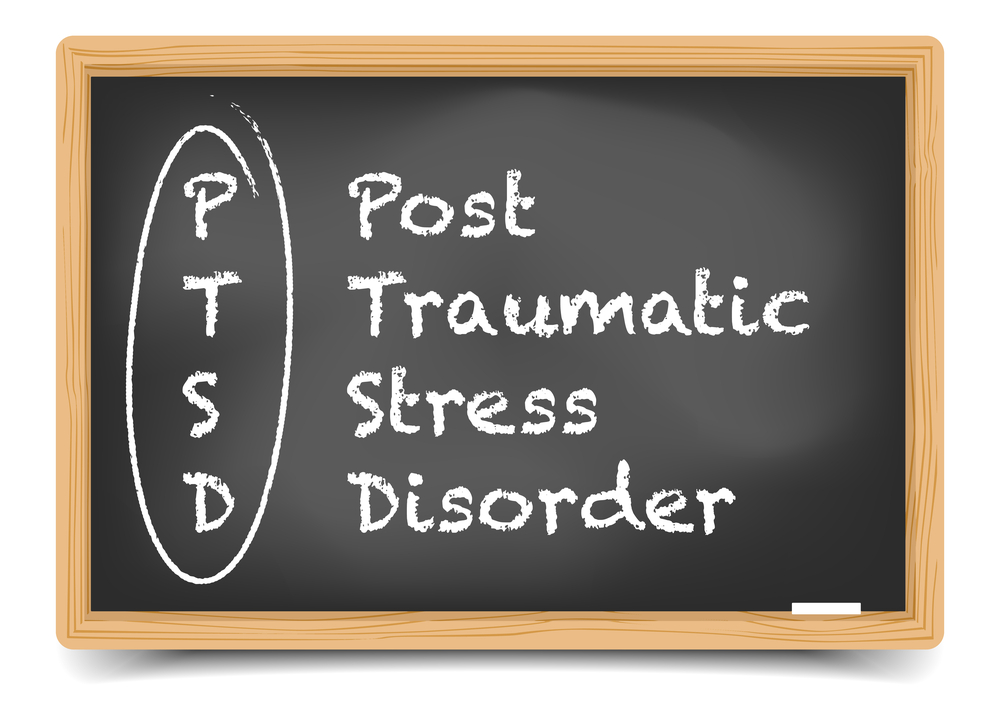
Post-Traumatic stress disorder (PTSD) is an anxiety disorder that happens when you experience scary and threatening events. It is not always a must you be directly involved in an event to suffer its effects. The shock of the occurrence may be so great that you cannot live a normal life.
PTSD can make you feel like you will not get your life back. PTSD can lower your self-esteem, cause insomnia and saddening flashbacks. Sometimes you may have unpleasant emotions. PTSD can make you relive the traumatizing events or can lead to memory loss.
We are victims of PTSD as it affects us directly or indirectly when handling family members with PTSD. PTSD is dangerous as it disorients our lives altogether. But there is a treatment for PTSD. Medications work well in treating PTSD. Short and long-term psychotherapy also works wonders in ending PTSD. But it is always helpful if the two kinds of treatment are used simultaneously.
Here is a guide into choosing the right therapy for ending Post-Traumatic Stress Disorder;
Exposure Therapy
The therapists will use exposure therapy to help you get over nightmares and flashbacks. Exposure therapy works by helping you face the traumatic events and memories that accompany the experience. The virtual reality programs help you go back to the traumatizing scene to get Exposure. There are two types of exposure therapy;
- Prolonged exposure therapy- the therapist helps you to approach the memories and feelings that cause anxiety. You start learning that your surroundings are not dangerous, and you do not need to avoid the triggers. This therapy takes three months, with sessions occurring once a week.
- Imaginal Exposure- the therapist will tell you to describe the traumatizing event in the present tense. The therapist will discuss with you the emotional process that you have gone through. The therapist will record your experiences to help you reflect in other sessions to process your thoughts further.
Cognitive-Behavioral Therapy
The therapy focuses on your current symptoms and problems and aims at changing your behavior patterns, feelings and thoughts. The therapist will alter your negative thoughts and lead you to better emotional and behavioral adjustment. It would be best if you had an estimate of 16 cognitive behavior therapy sessions to recover from PTSD. The sessions may be group or individual therapy.
Acceptance and Commitment Therapy
You may do your best to avoid the pain that surrounds the experience. But this therapy will assist you to focus on living a meaningful life. Meditation will also be an excellent exercise to help you start living reality.
Psychodynamic Psychotherapy
Psychodynamic Psychotherapy will focus on the various factors that trigger the PTSD symptoms. Your childhood experiences and how you protect yourself from destructive thoughts can trigger PTSD. Psychodynamic Psychotherapy will focus on the unconscious mind to help you in handling the long-standing effects of trauma.
Medication for Post-Traumatic Stress Disorder
Here are the medications that you can use to fight PTSD;
- Antidepressants –depression is the common symptom that accompanies PTSD. Using antidepressants will improve your sleep. It will be helpful if you use Zoloft and Paxil as they are approved for treating PTSD.
- Anti-anxiety medications – you can use Anti-anxiety medicines for a short period to recover from PTSD. PTSD makes you prone to addiction. You should therefore avoid using anti-anxiety drugs for a long duration.
Getting Started
Post-Traumatic Stress Disorder is treatable irrespective of how long one has had it. If PTSD is ruining your life or that of your beloved one, it is time to seek professional help. A mental health professional will guide you in every step of recovery. Contact Us to help you figure out the right therapy for you.